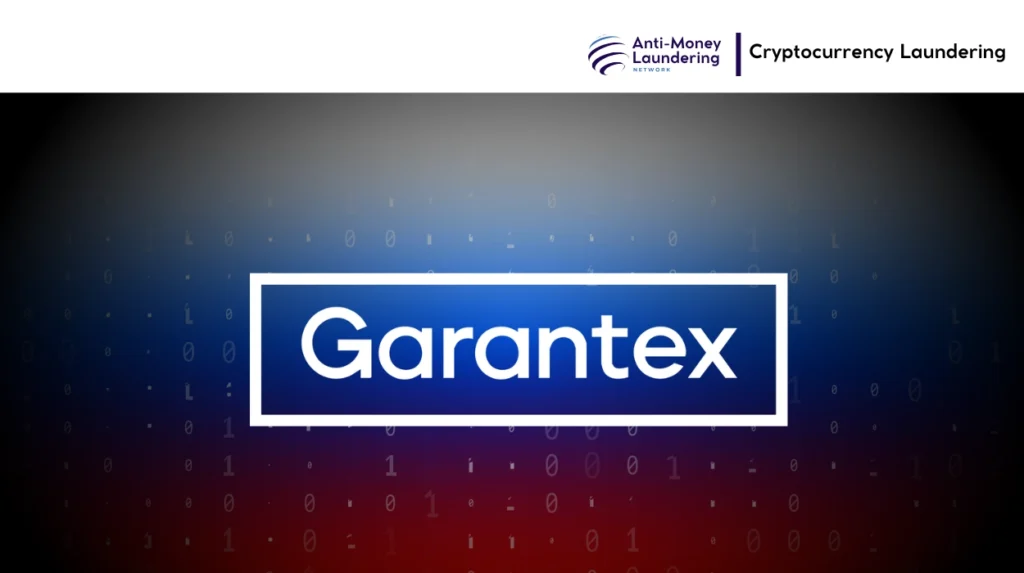Garantex, a cryptocurrency exchange originally registered in Estonia but primarily operated out of Russia, has become a notorious hub for illicit finance and international money laundering. Since its inception in 2019, the platform processed billions of dollars in cryptocurrency, with investigations revealing over $100 million linked to illicit actors such as ransomware groups, darknet markets, and sanctioned entities. Despite having its Estonian license revoked in 2022 for AML deficiencies, Garantex adapted by building decentralized infrastructures that enabled it to evade sanctions and continue laundering funds. It has facilitated the movement of criminal proceeds for high-profile ransomware gangs like Conti and LockBit, Russian elites, and other sanctioned individuals, intricately linking its operations to global cybercrime and geopolitical sanction evasion. This troubling nexus of technology, crime, and international finance exemplifies the growing challenge of regulating cryptocurrencies in the face of sophisticated laundering schemes connected to Russia and beyond.
Garantex was a prominent Russian-linked cryptocurrency exchange recognized as one of the largest facilitators of crypto-related money laundering globally. Founded in 2019 and initially registered in Estonia, it quickly became a hub for laundering criminal proceeds from ransomware gangs, darknet markets, and sanctioned entities. The platform processed over $96 billion in crypto transactions by 2025, with illicit activity accounting for over $1.3 billion in laundered funds. Despite being sanctioned by OFAC in 2022 and facing international law enforcement seizures, Garantex adapted by decentralizing its operations through platforms like Grinex, Exved, and MKAN Coin, operating across multiple countries and jurisdictions including Dubai and Russia. The network facilitated sanctions evasion and illegal financial flows for Russia-linked cybercriminal organizations and political elites, employing sophisticated laundering techniques to obscure illicit money trails worldwide. This case exemplifies the ongoing challenge regulators face in combating crypto-enabled financial crime tied to geopolitical conflicts and transnational organized crime.

